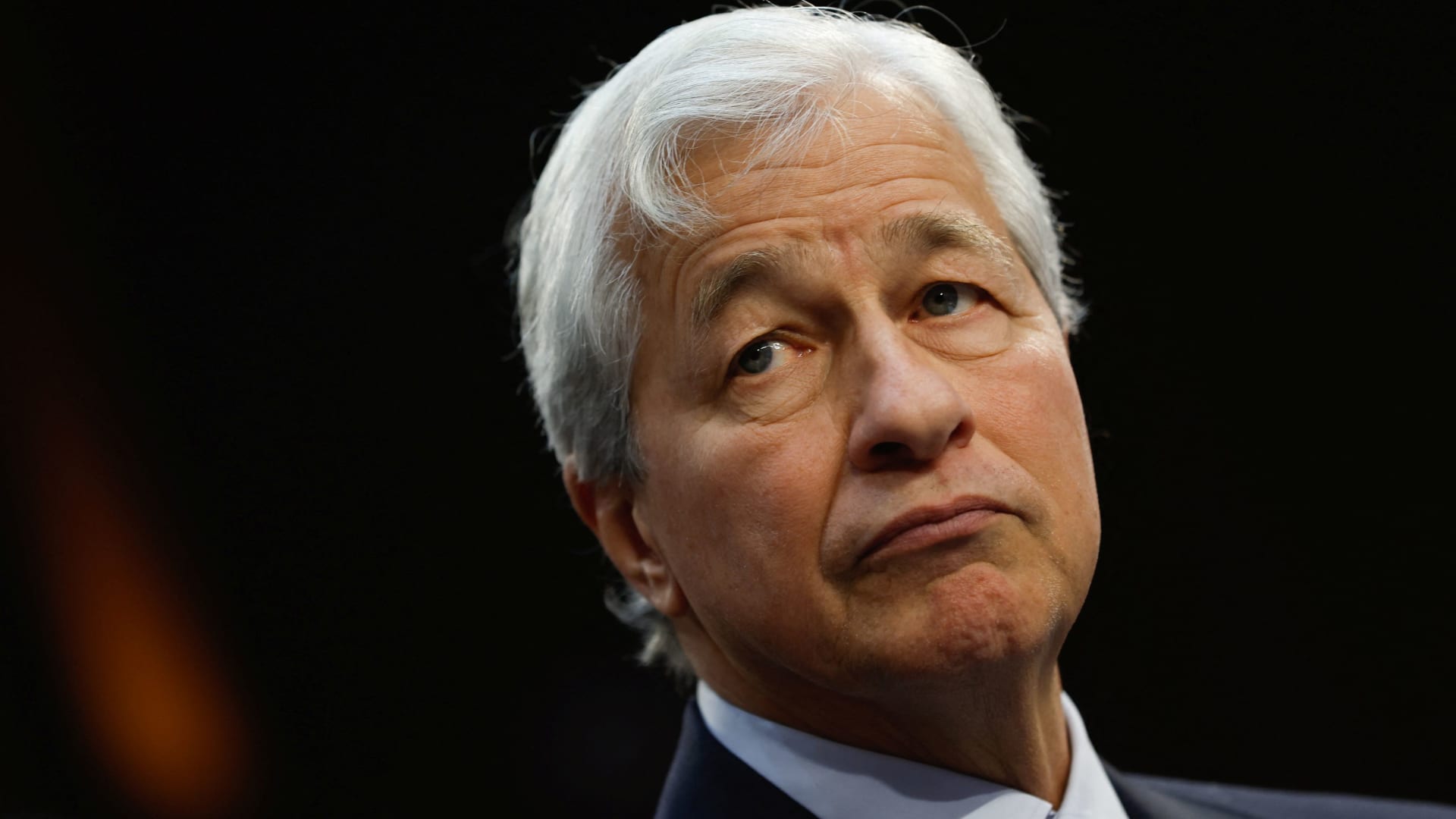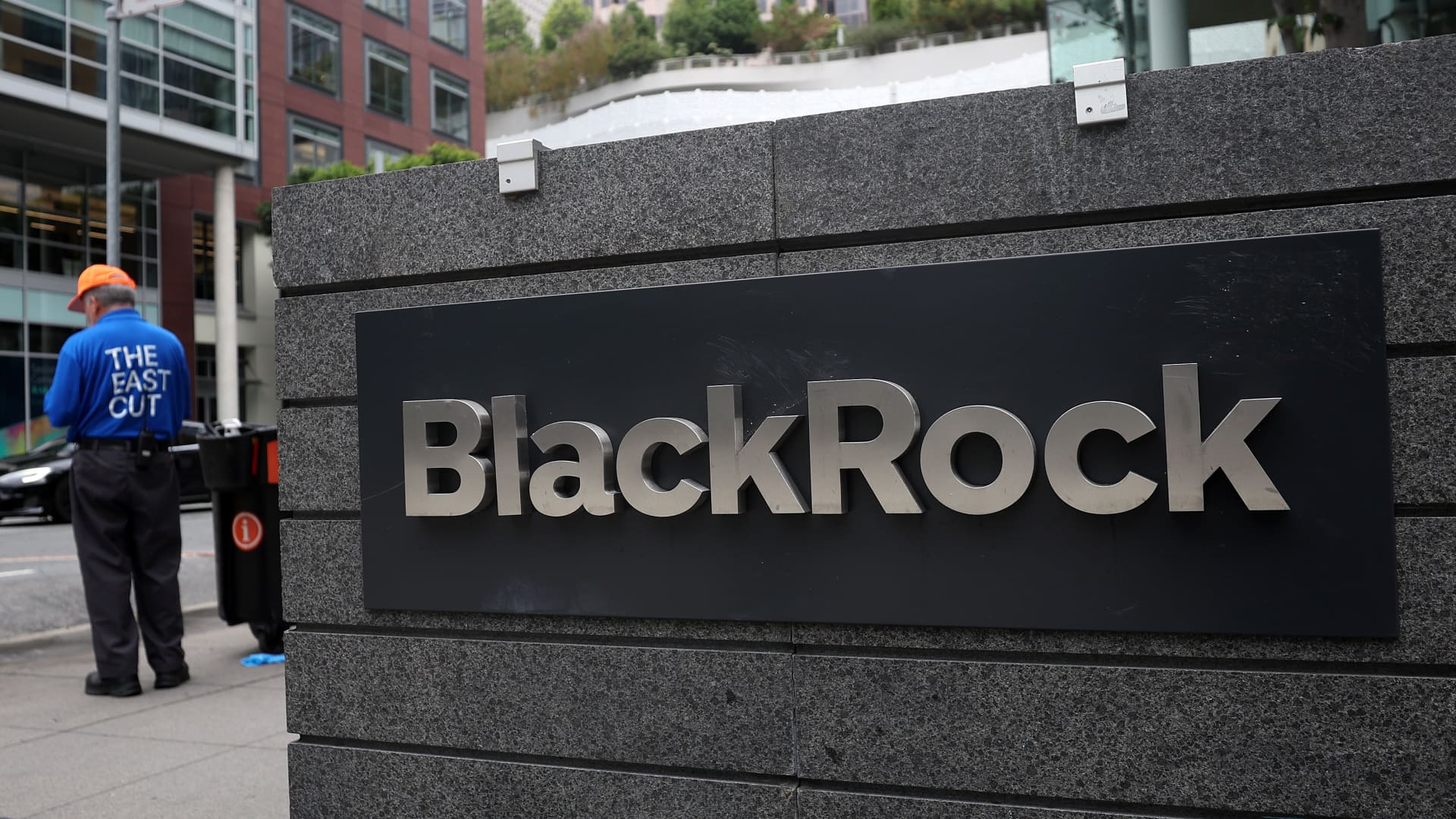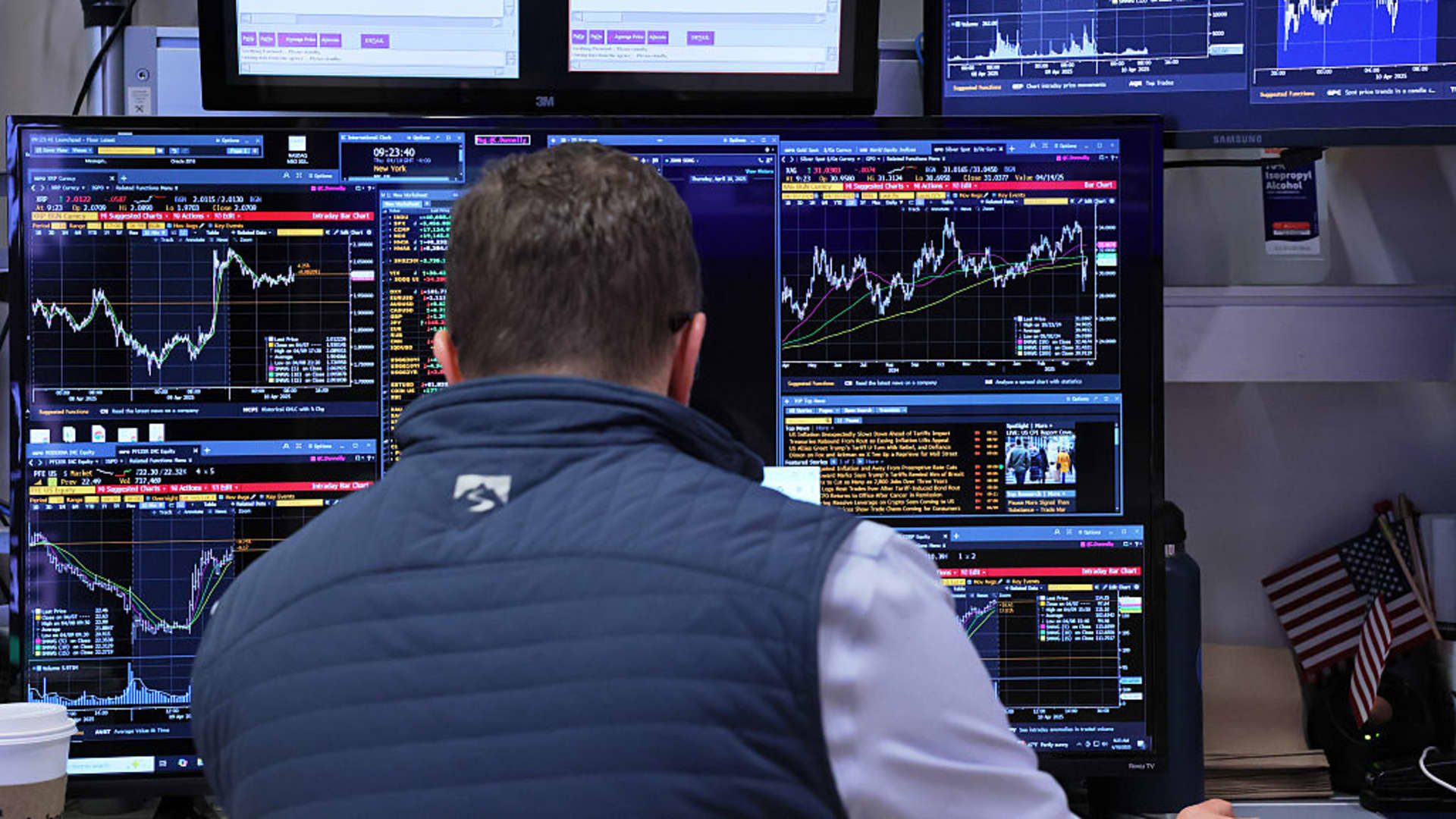Egg prices keep soaring, but inflation is moving in the right direction. (iStock)
Consumer prices fell 0.1% in March, according to the Consumer Price Index (CPI) released by the Bureau of Labor Statistics (BLS). This is the first monthly drop since July 2022.
Annual inflation increased 2.4% compared to a 2.8% increase registered in February. Core inflation, which excludes volatile energy and food prices, grew at a pace of 2.8% over the last year, the smallest 12-month increase since March 2021. A decline of 6.3% in gas prices more than offset increases in the indexes for electricity and natural gas. Food, however, rose 0.4% in March. The meats, poultry, fish and eggs index rose 7.9% over the last 12 months and the price of eggs alone jumped 60.4%.
Inflation continues to move towards the Federal Reserve’s 2% target rate. Still, the impact of President Donald Trump’s implementation of new tariff measures could derail this progress and hinder economic growth, according to Jim Baird, Plante Moran Financial Advisors’ chief investment officer.
“As consumers brace for the impact of tariffs on prices on a host of staples and discretionary goods, there’s considerable uncertainty on what that near-term magnitude of the impact will be for growth and inflation, although the direction for each is clearer,” Baird said. “That’s sent economists scrambling to update their forecasts to lower growth and increase expected inflation for the duration of the year.”
Despite concerns about the effects of President Trump’s tariffs, the Fed continues to hold interest rates steady, and it’s not expected to make any significant changes soon, including a potential rate cut. While tariffs could lead to higher inflation and slower economic growth, the Fed is waiting for more clarity on the full impact of these policies before deciding on any course of action.
If you are struggling with high inflation, consider taking out a personal loan to pay down debt at a lower interest rate, reducing your monthly payments. Visit Credible to find your personalized interest rate without affecting your credit score.
MORTGAGE RATES HIT A TWO-MONTH LOW THIS WEEK, REMAIN UNDER 7%
Recession risks increasing
President Trump’s tariffs are also contributing to an increased risk of recession. Several major financial institutions, including Goldman Sachs and J.P. Morgan, have raised their recession probabilities. According to Baird, part of the problem is that as prices rise due to tariffs, consumers may decide to curb their spending.
“Sentiment has soured in recent months, and there are already signs of not only a more cautious mood but more constrained spending,” Baird said. “Prices may rise, but that doesn’t mean that consumers will pay any price for any product. Some may grumble but continue to spend, but many are much more likely to trade down to cheaper alternatives or delay discretionary purchases.
“That reality raises the probability of a more notable slowdown in the pace of the economy, with the risk of recession also rising,” Baird continued.
You can take out a personal loan before future rate hikes to help pay down high-interest debt. Visit Credible to find your personal loan rate without affecting your credit score.
CALIFORNIA’S HOMEOWNERS INSURANCE INDUSTRY FACES ROUGH ROAD AHEAD AS WILDFIRES CONTINUE
Spring homebuying season looks promising
March shelter inflation data showed it dropped to 4.0% from 4.2% in February. That’s good news since shelter inflation has been a major force in keeping inflation elevated in recent years and could help move the needle on interest rates.
Mortgage rates continue to trend down, remaining under 7% for the twelfth consecutive week and could boost spring sales, according to Freddie Mac Chief Economist Sam Khater.
“As purchase applications continue to climb, the spring homebuying season is shaping up to look more favorable than last year,” Khater said.
The average 30-year fixed-rate mortgage was 6.62% for the week ending April 10, according to Freddie Mac’s latest Primary Mortgage Market Survey. That’s a decrease from the previous week, when it averaged 6.64% and lower than the 6.88% it was a year ago.
“Unfortunately, inflation remains painfully stubborn, well above the Fed’s 2% target for lowering rates,” said Gabe Abshire, Move Concierge CEO. “Considering the housing sector has lower exposure to the current global trade environment, it would be helpful for the Fed to lower rates and boost the Spring and Summer home buying market.”
If you want to become a homeowner, you can find your best mortgage rates by shopping around. Visit Credible to compare your options without affecting your credit score.
FHFA ANNOUNCES HIGHER MORTGAGE LOAN LIMITS FOR 2025
Have a finance-related question, but don’t know who to ask? Email The Credible Money Expert at [email protected] and your question might be answered by Credible in our Money Expert column.

 Accounting1 week ago
Accounting1 week ago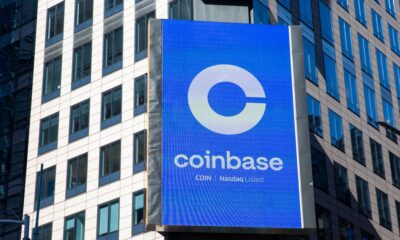
 Accounting1 week ago
Accounting1 week ago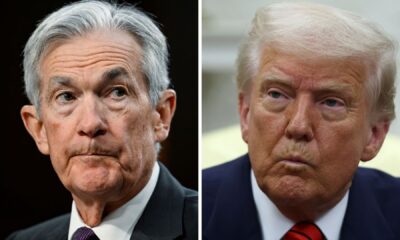
 Economics1 week ago
Economics1 week ago
 Economics5 days ago
Economics5 days ago
 Personal Finance1 week ago
Personal Finance1 week ago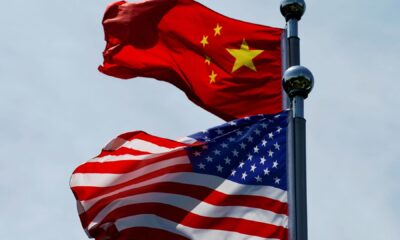
 Economics1 week ago
Economics1 week ago
 Personal Finance1 week ago
Personal Finance1 week ago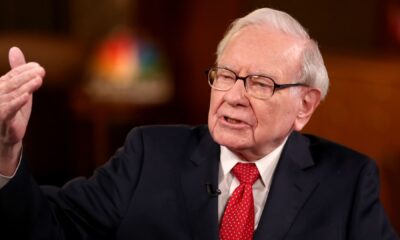
 Finance1 week ago
Finance1 week ago
